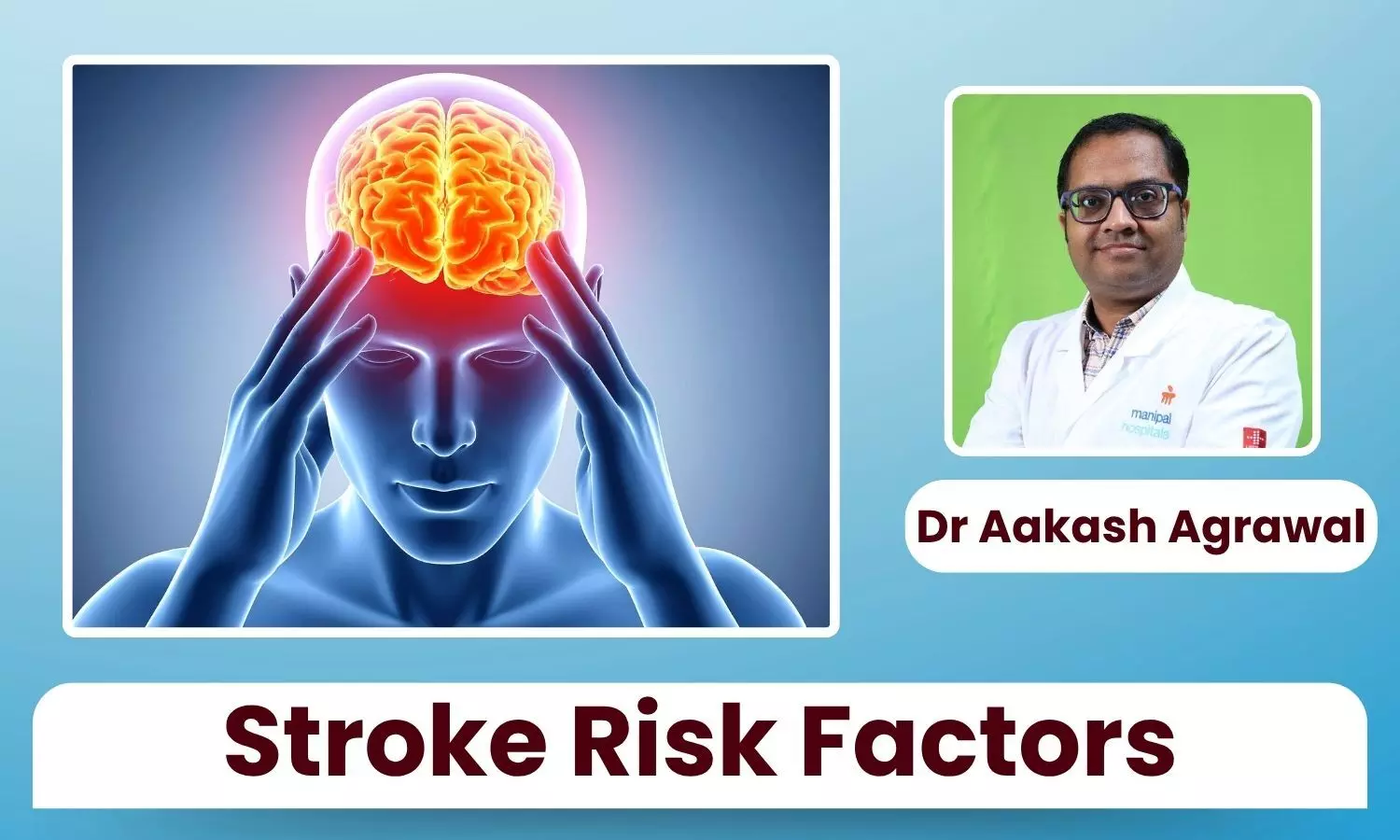Too Much Salt, Too Little Sleep: Hidden Lifestyle Triggers Behind Stroke - Dr Aakash Agrawal

According to estimates, worldwide, one in four persons beyond the age of 25 has a risk of stroke today, which is huge considering the population at risk.
Besides the conventional risk factors like diabetes, high blood pressure or hypertension, cholesterol, smoking, and alcohol, modern lifestyle has added newer dimensions to the possible aetiology of stroke and its risk factors.
Sedentary lifestyle, obesity, consumption of processed and ultra-processed foods rich in high sodium and trans-fat have increased the extent of the problem to involve even children and young adults, a phenomenon previously unheard of.
High salt intake and stroke risk are closely linked, and the connection is more serious than most people realise. Long-term intake of higher amounts of salt can lead to high blood pressure, inflammation, and oxidative stress.
Processed and ultra-processed foods like processed meats, packaged snacks like chips, Kurkure, and crackers, pickles, salted fish, papad, and chutney contain excess salt and pose a health risk if consumed frequently and long-term.
Therefore, one should always choose fresh and whole foods over processed ones, can use herbs and spices in place of salt for flavour, and keep a tab on daily salt intake by checking the nutrition levels mentioned on food packets. WHO and ICMR recommend a maximum daily intake of salt of 5g/day or 2000 mg of sodium for adults.
The recommended value is lower for children, who tend to consume a lot of packaged and processed food these days, posing a risk for chronic hypertension or high blood pressure in this group of the population. Most people consume far more than these limits, often without realising it, since packaged and restaurant foods are loaded with hidden sodium.
Sleep plays a surprisingly powerful role in the risk of stroke; i.e., too little and poor quality of sleep increase blood pressure and the eventual risk of stroke.
It also increases inflammation, disrupts normal glucose metabolism, posing further risk of diabetes, obesity, and poor cardiovascular health.
Sleep is when our brain clears toxins, regulates blood pressure, and restores vascular health. Disrupting this process, even slightly, can have long-term consequences.
One should aim for an optimal amount of 7–8 hours of quality sleep per night, maintain a consistent sleep schedule, even on weekends, and avoid screens, caffeine, and heavy meals just before bed.
If one snores loudly or feels excessively tired during the day, one should consider a sleep study to rule out sleep apnea after consulting a sleep expert.
Disclaimer: The views expressed in this article are of the author and not of Health Dialogues. The Editorial/Content team of Health Dialogues has not contributed to the writing/editing/packaging of this article.


